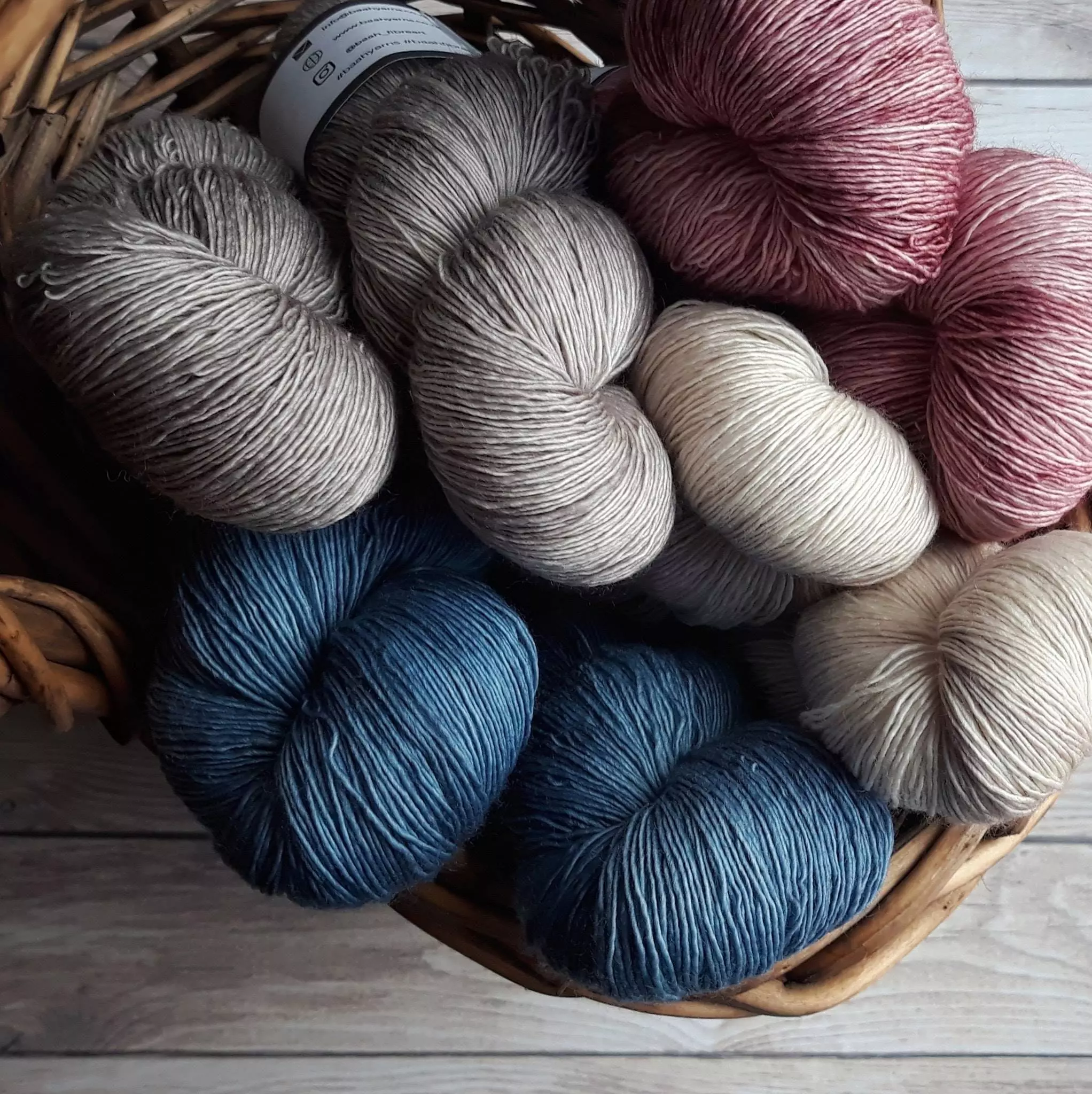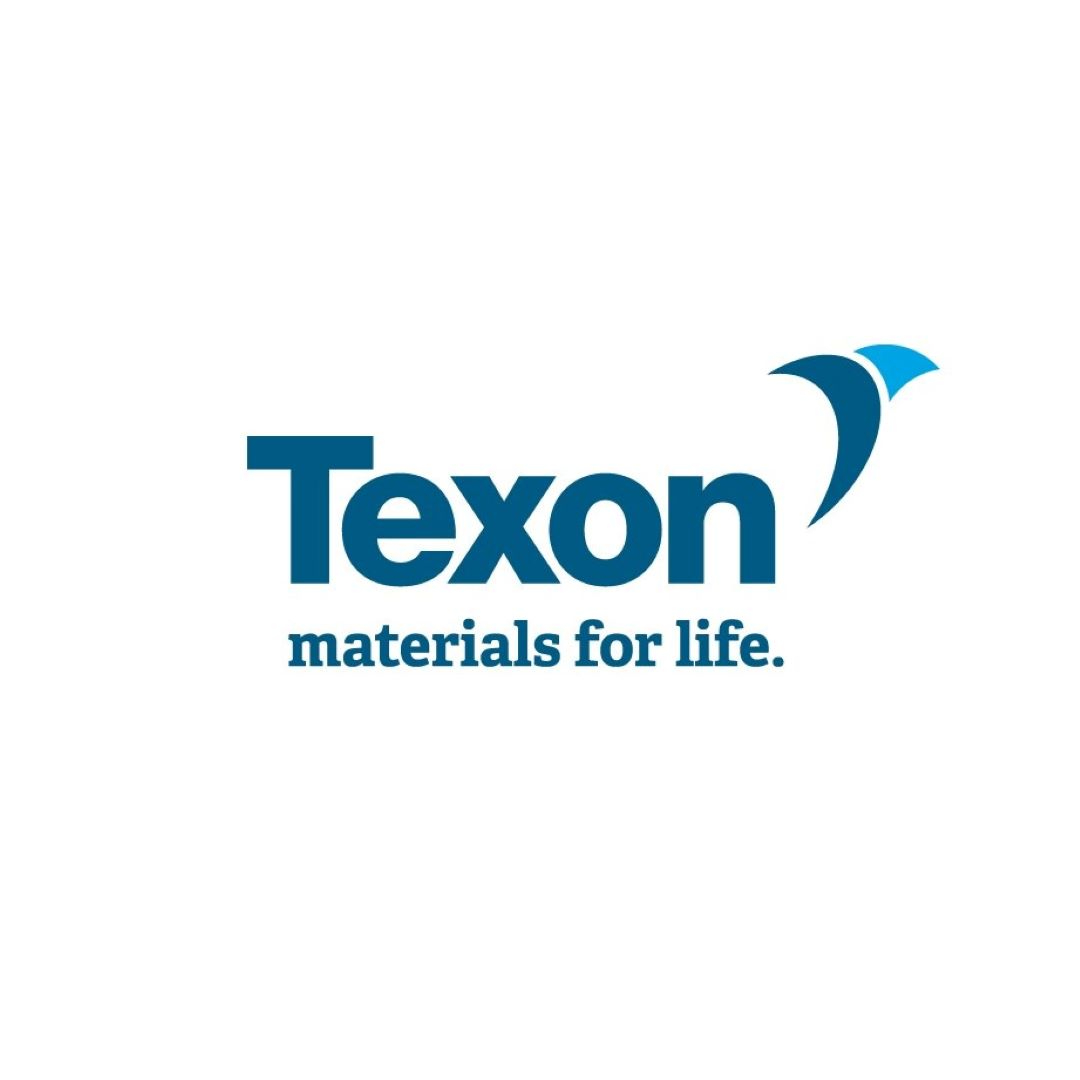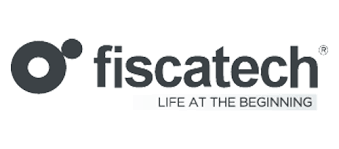Sintesi
The global organic textile market, featuring fabrics such as cotton, wool, flax, and hemp produced via organic farming and minimal use of harmful substances, is experiencing significant growth, driven by heightened consumer and industry awareness of health and environmental impacts. Although the market is relatively young, it is expanding dynamically, paralleling the increase in organically farmed land worldwide. Particularly in Italy, market expansion correlates with the emerging health-conscious mentality that influences various sectors, including food and cosmetics. Organic textiles find applications in clothing, technical materials, and household items. However, market participants in Italy face challenges in acquiring organic certifications and innovating to stand out from their competition. Unfortunately, without any specific numerical data provided from the year 2020 onwards in the text, a more detailed quantitative trend analysis cannot be conducted.
Emerging Trends in the Italian Organic Textile Market
The Italian organic textile market is exhibiting a robust upward trajectory, fueled by a burgeoning consumer consciousness regarding environmental impact and health concerns associated with conventionally produced textiles. This heightened awareness mirrors the general trend observed in related sectors such as organic food, beauty products, and fast-moving consumer goods (FMCGs). As the market matures, the acreage dedicated to organic farming for textile production is also on the rise globally, a testament to the growing commitment to sustainable practices within the industry. The primary applications of organic textiles in Italy span across various domains including clothing, technical fabrics, and a miscellany of other fabric-utilizing products like home linens and industrial coverings.
Among the challenges faced by market players, the pursuit of organic certification stands out as a significant hurdle, signaling the rigor and dedication required to comply with stringent ecological standards. Furthermore, operators in the market are striving to carve a niche by innovating and offering distinctive products to maintain a competitive edge. In summary, the Italian organic textile market is characterized by a dynamic growth pattern, with the adoption rate of organic fabrics likely ranging between moderate to high. This positive forecast is undergirded by a national mindset increasingly inclined towards sustainability, paralleling between 15 and 20 million hectares of organically managed farmland worldwide that support this sector.
Pioneers and Innovators: The Leading Forces in the Organic Textile Market
As the organic textile market flourishes, several key players have emerged as forerunners of the industry. Each company brings unique strengths and innovations to the table, setting the standard for organic textile production. Their commitment to environmentally friendly practices, coupled with a keen eye for quality and consumer demands, has positioned them at the forefront of this dynamic market. Below are the main players shaping the organic textile landscape:
- Global Organic Textile Standard (GOTS) - While not a producer, GOTS is a pivotal player in the organic textile market as it provides one of the leading certifications for organic textiles worldwide. The presence of the GOTS certification in a product assures consumers of its organic status, having met stringent environmental and social criteria throughout its production.
- Patagonia - A trailblazer in not only the outdoor clothing industry but also in sustainable practices, Patagonia offers a range of clothing made from organic fibers while striving for fair labor practices and reduced environmental impact. Their groundbreaking work in transparency and sustainability has made them a household name amongst eco-conscious consumers.
- Organic by John Patrick - As an innovator in organic fashion, this brand is synonymous with a commitment to ethical sourcing and sustainable design. Organic by John Patrick has carved out a niche in high-fashion circles with its stylish designs that do not compromise on ethical standards.
- Boll & Branch - Specializing in organic bedding, Boll & Branch has revolutionized the home textile sector with its luxury organic cotton sheets, towels, and other linens. With a staunch pledge to ethical production and fair trade, they have set themselves apart as not only purveyors of quality but also as crusaders for a more responsible textile industry.
- Under the Canopy - Focused on producing stylish, affordable, and sustainable home goods, Under the Canopy has championed organic textiles in the form of bedding, bath, and apparel. Their eco-conscious approach appeals to those looking to infuse sustainable options into their everyday lives.
- People Tree - Celebrated for their commitment to fair trade fashion, People Tree offers stylish clothing made from organic cotton and other sustainable materials. With a global reach and a positive message, they showcase how fashion, ethics, and sustainability can co-exist. These companies represent a cross-section of the organic textile industry—from fashion to home goods—and, interestingly, all hold sustainability and ethical production as their core values.
per comprendere questo mercato
Dettaglio del contenuto
 Informazioni
Informazioni
- Pagine : 30 pags
- Formato : Versione PDF e digitale
- Ultimo aggiornamento : 14/08/2021
 Riepilogo ed estratti
Riepilogo ed estratti
1 Market Summary
1.1 Definition and presentation
Organic or organic fabric is a fabric made from fibers sourced from organic farming, woven and then refined, by a process that uses a limited number of harmful substances or pollutants. The most commonly used traditional organic fibers are cotton, wool, linen and hemp from organic farming and ranching. The three main activities of the organic textile industry are yarn production, fabric production, and fabric processing (e.g., dyeing).
The organic textile market is growing steadily and seems to have a bright future ahead thanks to the awareness of consumers and professionals of the health hazards and their impact on the environment of "conventional" textiles. This market is young but very dynamic, as evidenced by the growing number of hectares of organically farmed land around the world. The global biotextiles market was valued at $5.5 billion in 2018 and will reach $8.3 billion by the end of 2025, with a growth rate of 5.3 percent during 2019-2025 [IndustryResearch].
The bio-based textiles sector had a weight of 2.7 percent on the Italian bioeconomy, in 2021. The potential of the Italian bio textiles market depends heavily on the emergence of the health mindset among Italians, which is already driving markets such as food, cosmetics and FMCGs. The main uses of organic textiles are clothing, technical textiles and other textiles (household linens, tarpaulins and other textile surfaces).
The greatest difficulty for the many market players in Italy remains the need to obtain organic certifications and to juggle innovative solutions to differentiate themselves from competitors.
Tutti i nostri studi sono disponibili online e in PDF
Ti invitiamo a consultare un esempio del nostro lavoro di studio su altri mercato!
Aziende citate in questo studio
Questo studio contiene un panorama completo di società di mercato con le ultime cifre e le notizie di ogni azienda :
 Perché Scegliere Questo Studio :
Perché Scegliere Questo Studio :
Accedi a più di 35 ore di lavoro
I nostri studi sono il risultato di oltre 35 ore di ricerca e analisi. L'uso dei nostri studi ti consente di dedicare più tempo e aggiungere valore ai tuoi progetti.
Approfitta di 6 anni di esperienza e oltre 1.500 studi settoriali già prodotti
La nostra competenza ci consente di produrre studi completi in tutti i settori, inclusi i mercati di nicchia o emergenti.
Il nostro know-how e la nostra metodologia ci consentono di produrre studi con un valore unico di denaro
Accedi a diverse migliaia di articoli e dati a pagamento
BusinessCoot ha accesso all'intera stampa economica a pagamento e ai database esclusivi per svolgere studi di mercato (+ 30.000 articoli privati e fonti).
Al fine di arricchire i nostri studi, i nostri analisti utilizzano anche indicatori Web (semrush, tendenze, ecc.) Per identificare le tendenze in un mercato e strategie aziendali. (Consulta le nostre fonti a pagamento)
Supporto garantito dopo l'acquisto
Una squadra dedicata al servizio post-vendita, per garantirti un alto livello di soddisfazione. +39 380 247 7810
Un formato digitale progettato per i nostri utenti
Accedi a un PDF ma anche una versione digitale per i nostri clienti. Questa versione consente di accedere a fonti, dati in formato Excel e grafica. Il contenuto dello studio può quindi essere facilmente recuperato e adattato per i tuoi supporti.
 Le nostre offerte :
Le nostre offerte :
the organic textile market | Italy
- Quali sono i dati relativi alle dimensioni e alla crescita del mercato?
- Cosa sta influenzando l'andamento e l'evoluzione del mercato?
- Qual'è il posizionamento degli attori di mercato?
- Segmentazione e profilo delle aziende operanti nel mercato
- Dati e numeri da una molteplicità di fonti
Pacchetto di 5 studi (-15%) IT Italy
- 5 rapporti a 75,6 € IVA esclusa per studio da scegliere dal nostro catalogo italiano per 12 mesi
- Risparmiare il 15% sugli studi aggiuntivi acquistati
- Scegliere il rimborso del credito non utilizzato al termine dei 12 mesi (durata del pacchetto).
Consulta i termini e le condizioni del pack e del rimborso del credito non utilizzato.





















